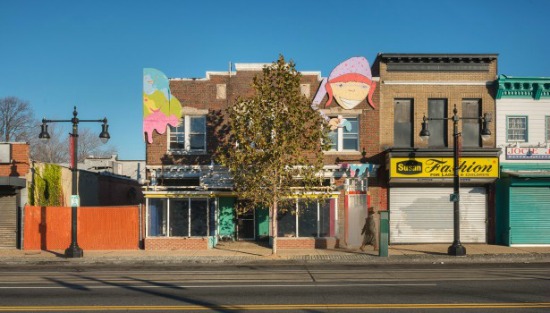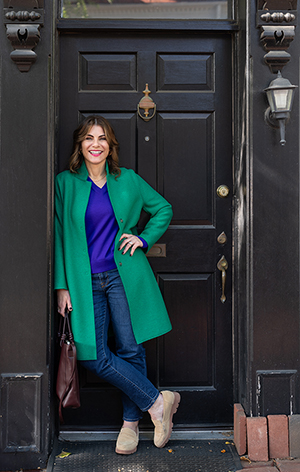What's Hot: Cash Remained King In DC Housing Market In 2025 | 220-Unit Affordable Development Planned Near Shaw Metro
 How Fundrise Opened Crowdfunding to the Masses
How Fundrise Opened Crowdfunding to the Masses
✉️ Want to forward this article? Click here.

906 H Street NE, one of Fundrise’s recent offerings.
With all the buzz surrounding Fundrise, this writer decided to jump into the crowd-funded investing game and experiment with a (little) bit of money.
When I signed up, I was surprised to be asked a series of questions to determine if I could be considered an “accredited investor.” The term comes from a 1930s law that specifies that those who want to invest in higher risk investments must have a certain net worth and annual income. In the U.S., that means having a net worth exceeding $1 million, a single income exceeding $200,000 for each of the past two years, or a joint income exceeding $300,000.
The idea of an “accredited investor” ran counter to the whole premise of Fundrise. If investing in commercial real estate around the city was limited to only the wealthy, the concept of “crowdfunding” seems much less democratic.
However, Ben Miller of Fundrise told UrbanTurf that the company filed a series of regulatory documents with the S.E.C. in order to open up the platform to everyone. As a result, Fundrise has no income or wealth restrictions. They ask the questions alluded to above, Miller said, because it is still a regulatory requirement to know about their investors.
A recent New York Times article mentions that a new law may make it easier to facilitate crowdfunded real estate for the masses.
From the Times:
…recent changes to securities law ushered in by the Jumpstart Our Business Startups Act, signed into law in April 2012, will soon make it much easier for the Millers and other new-breed developers to “crowdfund” real estate.
Under that law, unaccredited investors may invest up to $2,000 a year, or 5 percent of their income or net worth (whichever is greater), in private firms, like a real estate limited liability company, as long as the investment takes place on a site or broker-dealer registered with the Securities and Exchange Commission. The law, however, has been bogged down at the S.E.C., which missed an end-of-year deadline to complete rules.
With an investment now placed, I will update you upon the returns (however meager) that come my way as a result.
See other articles related to: fundrise
This article originally published at https://dc.urbanturf.com/articles/blog/how_fundrise_was_able_to_open_crowdfunding_to_the_masses/7087.
Most Popular... This Week • Last 30 Days • Ever

Only a few large developments are still in the works along 14th Street, a corridor th... read »

Today, UrbanTurf is taking a look at the tax benefits associated with buying a home t... read »

Lincoln-Westmoreland Housing is moving forward with plans to replace an aging Shaw af... read »

The small handful of projects in the pipeline are either moving full steam ahead, get... read »

A potential innovation district in Arlington; an LA coffee chain to DC; and the end o... read »
DC Real Estate Guides
Short guides to navigating the DC-area real estate market
We've collected all our helpful guides for buying, selling and renting in and around Washington, DC in one place. Start browsing below!
First-Timer Primers
Intro guides for first-time home buyers
Unique Spaces
Awesome and unusual real estate from across the DC Metro













